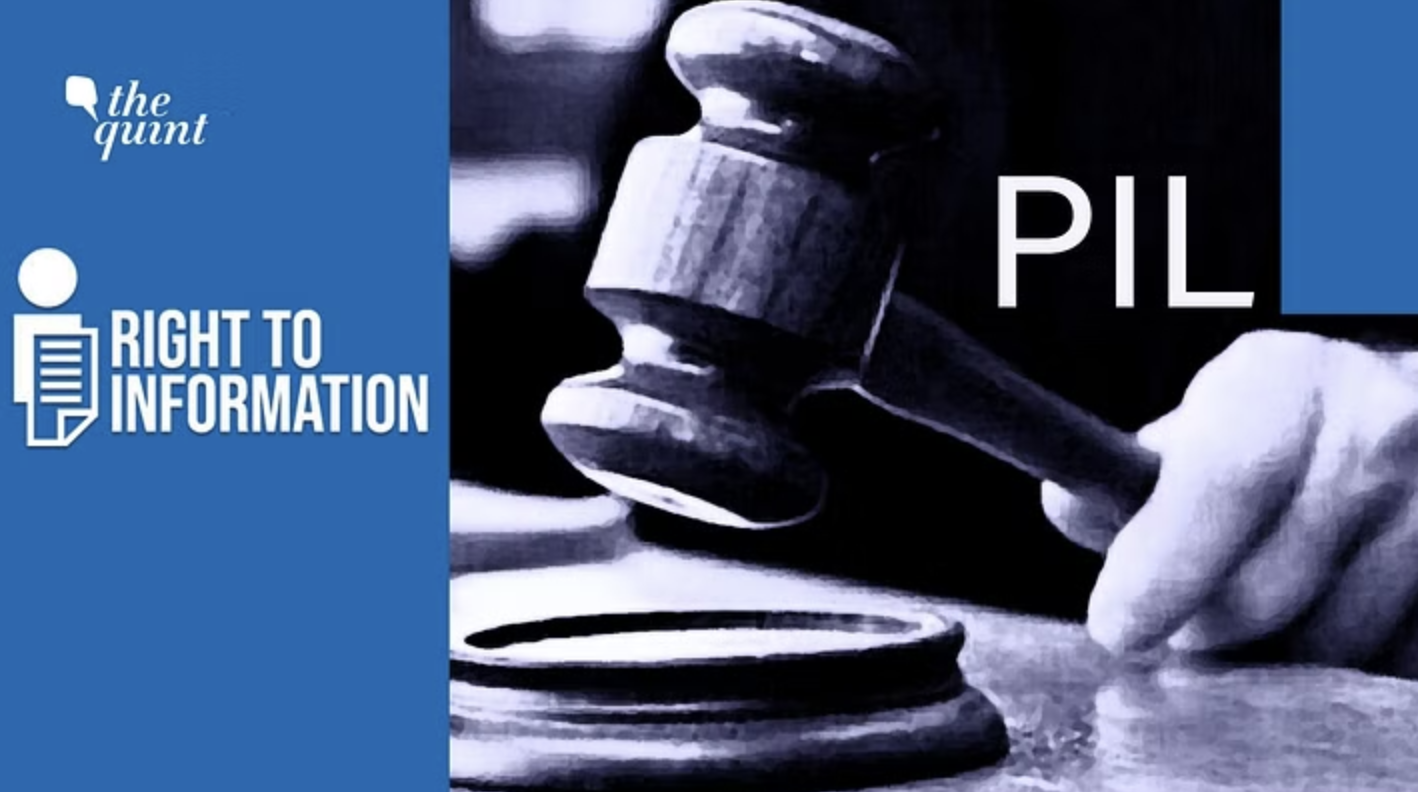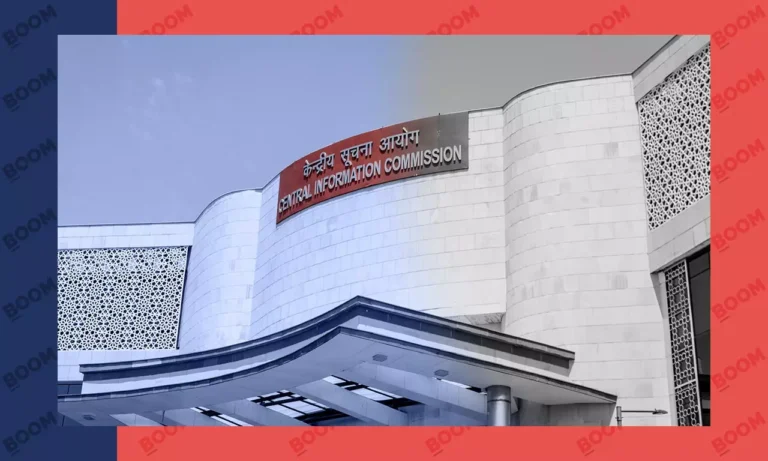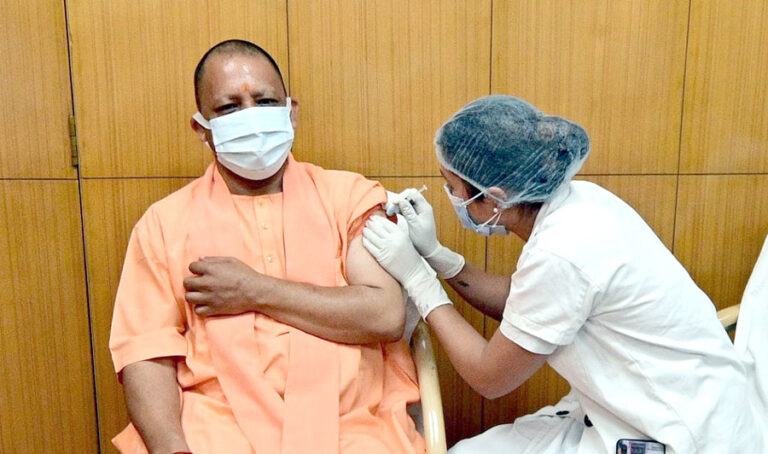Why RTI is Key Amid Pandemic & Why CIC Needs a Special COVID Bench
The article was originally published in The Quint. Read here.
Many pandemics-related RTI appeals, including those filed under ‘threat to life & liberty’ aren’t being prioritised.
The Modi government has ‘gagged’ the Parliament from asking questions during the upcoming Monsoon Session. Though, after a massive hue and cry, it has allowed unstarred questions (which can be answered with written responses and ministers need not orally answer them in the House) to be asked. But no supplementary questions can be asked. So if a response is evasive or unsatisfactory, well, bad luck.
India’s Opposition called it a “murder of democracy in the name of a pandemic.” Many autocratic regimes have used this pandemic as a chance to grab even more power and escape accountability. While MPs have their most important privilege curtailed inside Parliament, the people of India are also facing a similar situation.
People can hold their governments accountable using the Right to Information Act. Introduced by the UPA-1 government in 2005, this law has been a huge success, despite many failed and a few successful attempts to reign in this pro-people law. Most people use this law to solve problems related to their passports, ration cards, cut down red tape in government paperwork and some, like me, also to keep a check on their governments. But in the past few months, the government has virtually shut down any answerability by illegally and on untenable grounds, rejecting RTI applications asking information related to the pandemic and anything else that may be embarrassing (Article 370, CAA, UAPA, NIA, etc).
In today’s “new India,” questioning the government can be a slippery slope and we can be branded “anti-nationals,” “busybodies” or “meddlesome interlopers.” So you can see why governments hate this time-bound legislation. Before I explain about my PIL that I’ve filed in the Madras High Court, a brief introduction about the RTI Act.
Continued…






